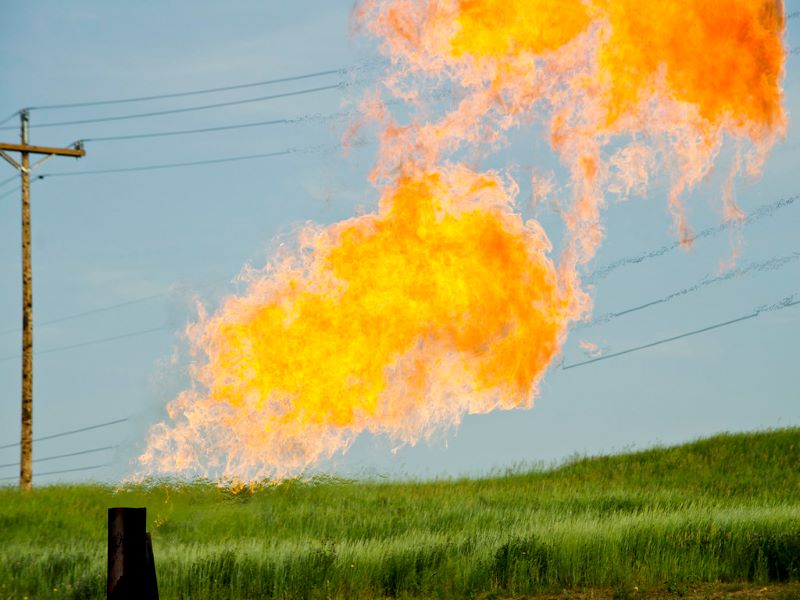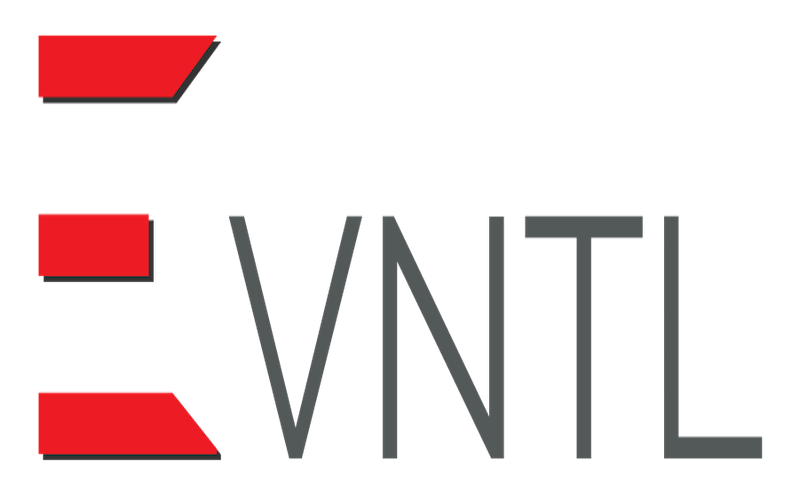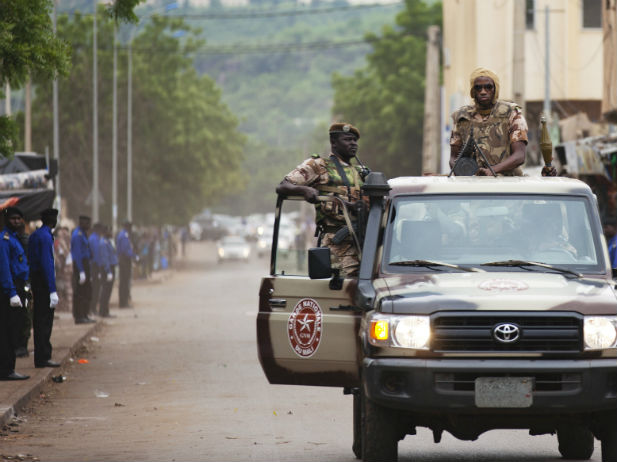One of the largest single investments by dollar value in Africa is in one of the world’s poorest countries. Per the International Monetary Fund’s (IMF) estimates, Mozambique ranks 184th out of 187 measured countries, but the discovery of natural gas reserves in 2010, potentially the third-largest national reserves on the continent, has highlighted a viable path towards sustained economic development. An agreement to finance a massive $15 billion liquid natural gas (LNG) installation, signed last year by the French oil supermajor Total, has solidified Mozambique’s transition towards intrinsically linking their national development to the hydrocarbon. Yet as this article explores, factors such as climate change, corruption, and conflict render this a contentious path to development.
The government of Mozambique has indicated that developing the Rovuma basin, a major gas depository, could net up to $63.6 billion in revenues throughout its lifetime. With an annual national GDP of only a quarter of that value, the significance of this project becomes clear. Yet at a glance, the project seems regressive for Mozambique, a coastal nation adversely affected by climate change, in terms of its implications on anthropogenic carbon emissions.
LNG, which produces half the amount of carbon emissions as coal, is an ostensibly cleaner source of energy and is seen by some, including Total (an oil company), as foundational to reducing energy emissions sufficiently enough to slow climate change. While large-scale storage solutions to pair with intermittent renewable sources such as solar and wind remain inadequate (as they do now), LNG can serve as a relatively clean substitute for reliable baseload energy, a role currently occupied by coal, oil, nuclear, or hydropower. Nonetheless, LNG still emits carbon, and the leakage of methane, a greenhouse gas 80 – 90 times more powerful on a 20-year timescale than carbon dioxide, increases the negative environmental externalities associated with the development. Compounded by the trend of unstable and decreasing oil prices and a global transition to clean energy, LNG appears to be a volatile and risky bet upon which to hedge Mozambican national development. Despite this concern, the IMF ultimately believes that LNG will allow Mozambique to address infrastructure and social development gaps while advancing the economy and significantly reducing poverty.
Yet climate change is not the sole cause for concern. Mozambique, ranked 146 on the Corruption Perception Index, may not have sufficient capacity to transform the LNG proceeds into equitable socioeconomic development gains. Corruption, in addition to poor macroeconomic planning, could result in Mozambique being subject to the resource curse, the paradoxical occurrence of economic underperformance despite the abundance of a valuable extractive resource. With corruption costing Mozambicans up to $5 billion annually, there is reason to believe that some LNG proceeds may be diverted from national development. Lending weight to the resource curse prophecy is the increase in violence in Mozambique’s Cabo Delgado region, home to the LNG developments. Two conflicts, between the government and an ISIS-affiliated movement as well as one involving Renamo, an opposition militia, have expanded in recent years with the unfulfilled promise of resource wealth being a likely catalyst, along with the increase in potential spoils. The Islamist conflict has killed 2500 and displaced more than 500,000 people, forcing Total to evacuate several of its employees following a severe attack early last month.
Mozambique thus faces major challenges ahead if it intends to elevate itself to middle-income status by the mid-2030s. With the key challenges in mind, fighting corruption and promoting transparency should be at the top of Mozambique’s agenda. Transparency involving LNG revenues should be strictly monitored. Additionally, gradually converting revenues into development projects over time will allow interventions to be effectively planned and will eliminate the negative impacts that the sudden inflow of income would have on a low-income national economy, such as currency appreciation and decreased competitiveness. Lastly, Mozambique should seek assistance from the regional and international community for the above-mentioned efforts, while said communities should offer support.
Mozambique is a gateway to southern Africa and can play a key role in championing regional development. A prosperous and stable region will be more likely with Mozambique on a positive path to economic and social development.
Featured Image: Cover Image: “Orvis State natural gas flare 02 – Evanson Place – Arnegard North Dakota – 2013-07-04” by Tim Evanson via Creative Commons. Licensed under CC BY-SA 2.0
Disclaimer: Any views or opinions expressed in articles are solely those of the authors and do not necessarily represent the views of the NATO Association of Canada.




